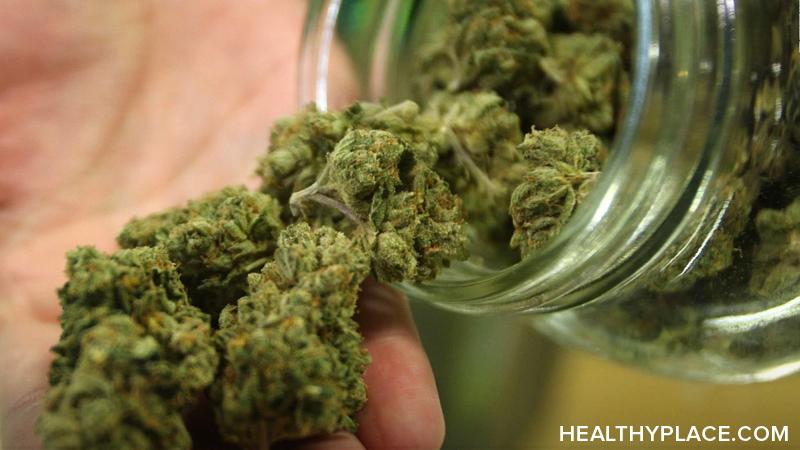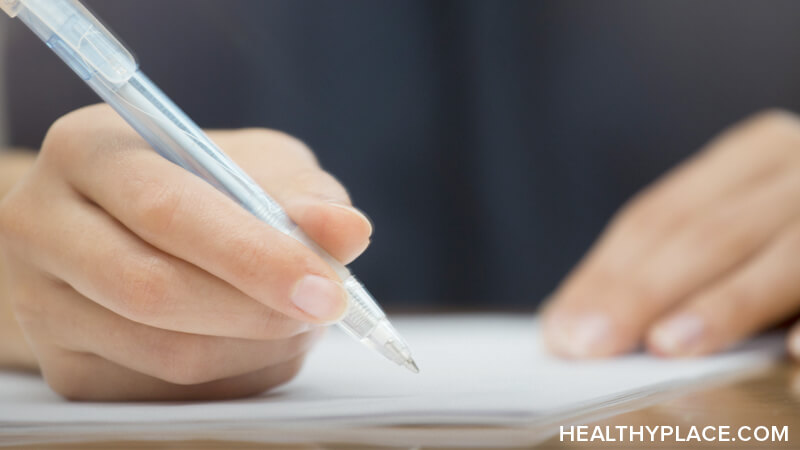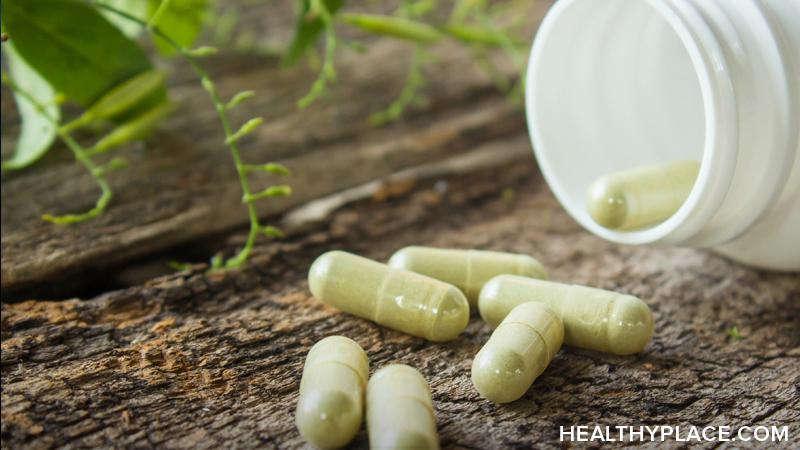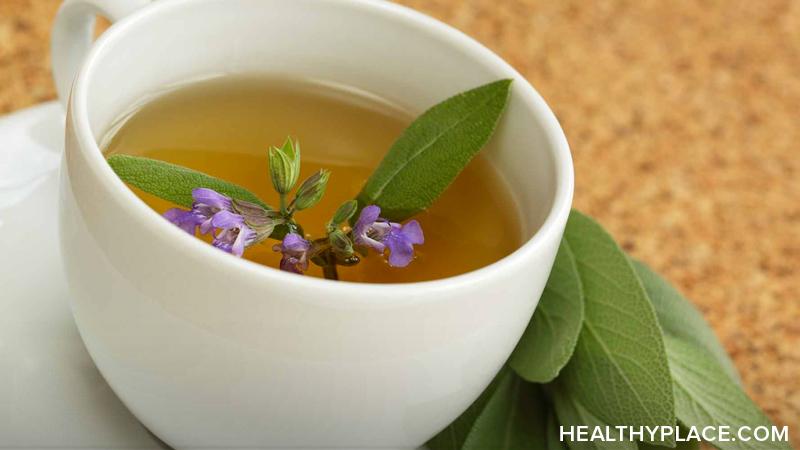Contents:
Impotence
The word impotence is derived from the Latin impotentia, meaning lack of power. It was first used to describe loss of sexual power in 1655 in, of all places, a treatise entitled 'Church History of Britain' by Thomas Fuller.
Impotence is the inability to obtain or maintain an erection for the satisfactory completion of heterosexual vaginal intercourse. Satisfactory is usually taken to mean an adequate erection, of sufficient hardness, maintained for a sufficient length of time, that ends in a controlled ejaculation and provides sexual satisfaction for both partners.
Impotence is a common and distressing condition affecting 10 to 30 percent of men on a regular basis. All age groups are involved, but due to embarrassment or a mistaken belief that nothing can be done, victims often suffer in silence and despair. Whatever the cause of impotence, 99 percent of men can get their erections back by one of the many treatment options now available.
It is often assumed that impotence is a purely psychological problem, but in 40 percent of cases, a physical cause is involved. If a man awakes with a morning erection or can masturbate to orgasm when alone, the problem is more likely to be psychological rather than physical.
If a male never manages an erection, even on waking, a physical problem is likely and this must be carefully looked into by a doctor specializing in urology.
During a night's sleep, between four and eight erections occur naturally unless there is a physical blockage preventing them. A special device can be attached to the penis before going to sleep that regularly measures penile diameter and rigidity throughout the night. This is useful for differentiating between physical and psychological causes of impotence.
Often, however, both physical and psychological factors play a role as a vicious circle builds up that causes anxiety and negative feelings to set in.
Physical Causes of Impotence
The most common physical cause of impotence is tiredness, overwork and stress. It is perfectly normal to perform under par in these circumstances. Other physical causes include drug side-effects, hardening of the arteries (atherosclerosis), leaking valves that stop blood pooling within spongy tissues, fibrosis, hormonal imbalances and nerve damage.
Drug Side-effects
Drug side-effects are a common and reversible cause of impotence. Among the prescription drugs, the worst offenders are beta-blockers which work by damping down the activity of certain types of nerve. Beta-blockers are excellent drugs which are frequently prescribed to treat high blood pressure, angina, heart attacks, anxiety, palpitations, migraine, glaucoma and an over-active thyroid, but if this side-effect becomes troublesome it is important to tell your doctor so you can be switched to a different type of drug.
Thiazide diuretics (water tablets) prescribed to lower high blood pressure or reduce fluid accumulation in the body can also trigger erectile failure. Patients taking diuretics are twice as likely to be impotent as those on no drugs. Again, tell your doctor; alternative treatments are available.
Anti-depressant tablets affect nerve endings in the nervous system and can also be at fault.
If you are taking any drugs at all it is worth asking your doctor or a pharmacist whether these are likely to affect your sex drive.
It is easy to forget that cigarette smoke contains a powerful drug, nicotine. Cigarette smoking is closely linked with erectile failure, and there is a clear dose-related effect: the more cigarettes smoked per day, the less rigid the erection. Cigarette smoking damages blood vessels and hastens 'furring up' of the arteries.
Atherosclerosis
Hardening and furring of the arteries is common in late middle age. Sometimes, the arteries leading to the penis become blocked and furred up with cholesterol deposits. This poor circulation means blood cannot flow into the penis in the volume required for a normal erection, and impotence results.
Tests that outline blood flow into the penis (using dyes that show up on X-ray) will show any narrowing of the arteries that may be the cause. Ultrasound is also sometimes used to measure changes to the blood flow after injection with an erection-inducing drug.
Slow Leaks
In some males, erection starts off rigidly and then slowly sags due to a slow leak of blood out of the corpora cavernosa and corpus spongiosum (see Chapter 1). This is due to a weakness in the mechanisms that constrict outlet veins and prevent pooling blood from draining away during erection. This problem can be detected by special tests using dyes that show up on X-ray (cavernosometry). Venous leaks are a common cause of impotence in older men. Some men suffer from both poor blood supply and a venous leak.
Fibrosiss
If the blood supply is normal, fibrosis or a build-up of scar tissue (e.g. Peyronie's Disease) can make the penis rigid on one side, rather than expansile. This stops the penis inflating fully, or makes it curve dramatically and painfully to one side. This can cause partial or total impotence. Surgical treatment to remove the scar tissue, or to take a tuck in the opposite side so erections become straight again, can help solve this problem.
Hormonal Imbalances
Occasionally, a hormonal imbalance may be the cause of impotence, especially if testosterone hormone levels are too low or prolactin hormone levels too high. If you suffer from impotence you will have blood tests to screen for hormonal problems. If an imbalance is found, this is usually easily treated once its cause is sorted out.
Diabetes
Diabetes causes impotence for two main reasons: it encourages furring up of the arteries (atherosclerosis) and, if not well controlled, can lead to permanent nerve damage from the high levels of circulating sugar.
Nerve Damage
Diseases or injuries that affect the nerves can cause impotence. This includes men who suffer from severe multiple sclerosis, or who have sustained a spinal cord injury as a result, for example, of breaking their back. Sometimes reflex erections occur but ejaculation is not normally possible without electrical stimulation.
The Treatment of Physical Impotence
The treatment of physical impotence is now sophisticated. Several options are available after full investigations have suggested the likely cause.
Oral Drugs
International trials of an oral drug treatment for impotence are currently underway. The drug, a derivative of yohimbine hydrochloride, is derived from the African Pausinystalis Yohimbe tree. Results of the trials are expected soon but it will be a few years before it becomes widely available on the market.
Topical GTN
Glyceryl trinitrate (GTN) is a drug normally used to treat heart angina pains. GTN dilates blood vessels and increases blood flow. Research has found that GTN patches applied to the penis for one to two hours before intercourse can help to overcome impotence. Of 10 males aged 4571 who had suffered impotence for an average of five years, four achieved an erection with intercourse and ejaculation a success rate of 40 per cent.
The use of GTN patches has an advantage over GTN creams, as the latter are absorbed by vaginal tissues and cause the side-effect of headaches in any female partners.
Vacuum Erections
For a vacuum erection the penis is placed in a plastic cylinder from which air is extracted via a pump. The resultant partial vacuum makes the penis fill with blood and triggers an erection. A tight ring is then placed around the base of the penile shaft to trap the blood and maintain rigidity. The penis then remains erect once the vacuum cylinder is removed. Obviously, as it acts rather like a tourniquet, the penis looks a little blue, and the ring can only be left in place for a short while (otherwise the blood supply of the penis may be compromised). Another problem is that the elastic band prevents semen coming out of the tip of the penis during ejaculation. Semen may seep out later, or may wash into the bladder to be urinated away. This is not harmful but does affect fertility.
P.I.P.E.
Some patients are taught to give themselves an injection into the shaft of the penis. This is known as P.I.P.E. Pharmacologically Induced Penile Erection. The injections are given via a very fine needle inserted into the corpora cavernosa. The shaft of the penis is not very pain-sensitive and the injections are described as no more painful than a mosquito bite. After withdrawing the needle, the injection site is pressed firmly for 30 seconds so that no bleeding occurs. After 510 minutes, an erection starts to form as the arteries supplying blood to the penis dilate and draining veins constrict.
The commonly used drug, papaverine, can induce prolonged erections and priapism, however. Priapism is a surgical emergency the penis needs to be drained of trapped blood to restore the circulation. Papaverine can also cause internal scarring and curvature (Peyronie's disease) in a few males. In the majority of cases, nevertheless, P.I.P.E. is very successful and has transformed the lives of many impotent males.
Another drug, prostaglandin E1, is prescribed instead of papaverine by some doctors as it has a lower risk of side-effects.
A new development is a self-injection system known as Caverject (alprostadil). This works in a similar manner to prostaglandin E1 and can be prescribed by doctors. Some men find it more painful than other drug treatments, however.
Vascular Surgery
If there is a physical blockage to penile blood inflow, it is possible to have an arterial by-pass graft operation in which the blockage is by-passed using a length of vein, or synthetic tubing. In some cases, a single stricture can be dilated with a special balloon inserted into the artery under X-ray control.
Another successful approach is to hook up another artery, which normally delivers blood to the lower abdominal muscles, to the penis. This is joined to one of the penile arteries using microsurgical techniques; the procedure instantly increases the blood flow to the penis. The lower abdominal muscles do not suffer either, as several other arteries also supply them with blood. Some of the penile-draining veins are usually tied off at the same time to increase the effect: this combines a better blood flow coming in with a weaker blood flow draining out. Success rates are as high as 70 per cent.
Arterial by-pass surgery involves a fairly large incision extending up the lower abdomen, and requires a stay of several days in hospital.
If impotence is due solely to a slow venous leak, this is simply corrected by tying off the major veins draining the penis. This procedure is known as venous ligation, and is successful in 50 per cent of cases. Occasionally, new veins open up after the operation and venous leaking may recur after a few years.
Surgical Implants
Prostheses are devices that can be surgically implanted into the penis to produce erection. There are two main types:
-
semi-rigid rods giving the patient half an erection all of the time
-
complicated, inflatable devices with small pumps implanted in the scrotum and a fluid reservoir bag implanted in the abdomen or pelvis. These devices are activated by squeezing the pump or activating a trigger button in the scrotum. Deflation is brought about by pressing another button.
Some semi-rigid implants have an embedded silver wire to make them bendable. The penis can then be bent and 'parked' when not in use. Newer designs consist of implanted, interlocking discs made of plastic. These can be rotated in one direction to lock and become rigid, then, after intercourse, rotated the other way to become flaccid when not required.
Insertion of an implant takes from one to three hours, depending on the type selected. The procedure is done under a local anesthetic, or under a spinal epidural (the body is numbed from the waist down).
It takes around two weeks for the discomfort and swelling of the operation to settle down, especially under the scrotum where the base of the penis is situated. Intercourse can be resumed from four to six weeks after the operation, depending on the procedure used. The main risk with penile implantation is a post-operative infection, but this seems to be relatively rare. Ninety percent of men with an implant are entirely happy with its performance. Most implants are invisible, although the semi-rigid rods can make the penis stick out a little bit at all times. This does not look abnormal, however.
Psychological Causes of Impotence
Psychological problems account for 60 percent of cases of impotence. Counseling and psychotherapy are helpful and often result in dramatic improvement.
Psychological problems are usually based on fear, guilt or feelings of inadequacy. The more a man worries about not getting an erection, the more the erection is likely to fail. It becomes a self-fulfilling prophecy. Relaxation training and professional psychosexual counseling are vital.
Psychosexual counseling often involves a temporary ban on penetrative sex. Sufferers are taught to relax with their partner while exploring each other's bodies afresh. Usually, it is agreed in advance that even if an erection is achieved, sexual penetration will not be attempted.
After several weeks of abstinence, couples are then allowed to try having sex with the partner on top. This is known as the Mistress position. The so-called 'Missionary position' (man on top) is not good for men with semi-rigid erections.
A caring and sympathetic partner is important. He or she is an invaluable support during the investigation and treatment of the partner's impotence. A partner who mocks or ridicules (or even feels overly sorry for) a man's performance is making the problem worse and may even have contributed to it in the first place.
Premature Ejaculation
Premature ejaculation is the most common male sexual dysfunction. There are three different ways of defining it:
-
if the man comes before he wants to or before his partner wants him to
-
if ejaculation occurs before the penis penetrates the vagina
-
if the man cannot stop himself ejaculating for at least one minute after penetrating his partner.
Most men experience premature ejaculation several times during their lives most commonly when losing their virginity. It also occurs in over 50 percent of males when making love to a new partner for the first time. Premature ejaculation is particularly common among teenagers and tends to become less of a problem for men in their twenties and thirties and beyond.
If a man can stop ejaculating for anything over one minute after penetration, this is normal. It may not sound very long, but our primitive male ancestors were originally designed to thrust only five or six times before reaching orgasm. Humans are unique among the animal kingdom in using sex for pleasure. The male chimpanzee, for example, ejaculates within 30 seconds of intercourse and the female satisfies herself by mating with many males in quick succession.
Premature ejaculation is usually due to anxiety especially if a new partner is involved. This often results in eagerness and over-excitement. The other main cause is anxiety about performance whether you will be 'good enough' for your partner or will fail to satisfy. No man wants to feel his performance is not up to scratch.
Other causes of premature ejaculation are the man feeling that his partner is not really interested in sex, or if either partner has difficulty in showing or responding to affection.
Sometimes the opposite problem of retarded ejaculation occurs especially if the male is trying to postpone his orgasm to make sure his partner is satisfied (see below).
The easiest way to make premature ejaculation less of a problem is to bring your partner to the point of orgasm during foreplay. Then, when your partner is about to come, penetration can occur or you can wait until after your partner's orgasm before entering. There are eight other techniques that help to overcome premature ejaculation. As some of these seem to take the pleasure out of sex, they will not suit every man:
-
Wear a condom. This damps down sensory stimulation and usually helps to prolong intercourse.
-
Use a local anaesthetic cream to numb the tip of the penis. These creams can be bought over the counter. Make sure you buy a pure anaesthetic cream rather than a preparation intended for piles, as the latter sometimes contains other agents that might cause irritation to both yourself and your partner.
-
Tense the buttock muscles while thrusting. This helps to mask signals from nerve endings in the penis and gives you something else to concentrate on.
-
Think about something other than sex while making love, such as problems at work, or your plans for the following day. By taking your mind off sex (just for a moment!) you may find you can penetrate your partner for longer.
-
Just before ejaculation, the testicles naturally rise in the scrotum to sit close to the base of the penis. If you gently pull the testicles back down into the scrotum, you may find this helps delay ejaculation. Be careful not to twist them, however.
-
If you are able to penetrate your partner, pre-arrange a signal, such as saying 'stop'. Then, when you feel you are about to come, both you and your partner can become still and stop thrusting. This may help to prolong intercourse and can be repeated as often as necessary.
-
The most famous way of preventing premature ejaculation is the 'squeeze' technique. The man's partner gently masturbates him until he says he is about to come. The partner then gently squeezes the penis between the thumb and two fingers just below the helmet, where the glans joins the shaft. The squeeze should be firmly sustained for about five seconds and then the pressure relaxed for a minute. This can be repeated to postpone ejaculation as often as you wish and is often highly successful. By retraining your sexual habits, you will eventually be able to achieve normal intercourse. During intercourse, a man can also squeeze his penis himself, providing he has enough prior warning of impending ejaculation to reach down in time.
-
After experiencing premature ejaculation, wait for an hour and then try again. The second erection often lasts longer and orgasm can be delayed.
If none of these tips work, seek help from your doctor. You can be referred for professional psychosexual counseling in which you and your partner will be given help and exercises to try. Often, intercourse and orgasm are banned altogether, which takes away the pressure to perform.
Retarded Ejaculation
Retarded ejaculation is the inability of a man to ejaculate, despite having prolonged intercourse, adequate stimulation, and an intense desire to do so. This is an occasional occurrence in most men, especially when tired, but some males have never achieved ejaculation during sexual intercourse. Most affected men are able to ejaculate during masturbation.
Medical conditions such as diabetes, an enlarged prostate gland, previous prostate operation or certain drugs (e.g. water tablets, tricyclic antidepressants, treatment for high blood pressure) are sometimes at fault.
The commonest cause of ejaculatory failure, however, are psychological inhibitions such as in the case of:
-
newlyweds sleeping next door to their parents
-
discovering a spouse is unfaithful
-
a recent condom break when pregnancy would have been disastrous
-
having recently been interrupted during sex, such as by your children.
These episodes can trigger retarded ejaculation through a subconscious inhibition of the ejaculatory reflex. Make sure your surroundings are compatible with unstressful sex that is, quiet, with no risk of interruption or being overheard, warm and comfortable. If problems persist you can be referred for psychotherapy, which will involve a structured program of sexual exercises as 'homework'.
 Morning anxiety can be a shock to your system that lays the foundation for a long, anxiety-filled day. If you’ve ever been jolted awake by an obnoxious alarm clock and immediately started worrying about the day ahead and/or the mistakes you think you made yesterday, you’ve begun your day frantically and with anxiety. You don’t have to continue to live this way. Read on to learn how to get rid of morning anxiety.
Morning anxiety can be a shock to your system that lays the foundation for a long, anxiety-filled day. If you’ve ever been jolted awake by an obnoxious alarm clock and immediately started worrying about the day ahead and/or the mistakes you think you made yesterday, you’ve begun your day frantically and with anxiety. You don’t have to continue to live this way. Read on to learn how to get rid of morning anxiety. Whether or not marijuana helps anxiety is largely unknown (Chopra et al, 2010). The evidence is mixed regarding the effectiveness of cannabis (
Whether or not marijuana helps anxiety is largely unknown (Chopra et al, 2010). The evidence is mixed regarding the effectiveness of cannabis (



